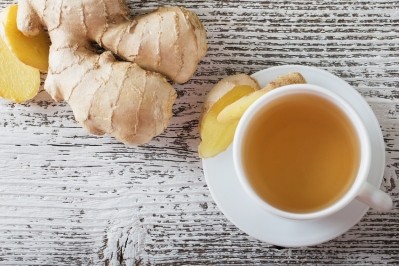Warning letters take note of herbal nomenclature, expert says

In a recent warning letter sent to Black Seed Herb Inc., a dietary supplement company located in Liberty, NY, the Food and Drug Administration took the company to task for a host of impermissible disease claims and GMP failures, none of which will be unfamiliar to readers of such warning letters. But FDA also had this to say about a specific ingredient:
“Your QuickSlim with pure Hoodia Gordonii product label declares the dietary ingredient galangal, but this is not a standardized common name noted in the reference Herbs of Commerce,” the warning letter noted.
Exactly what the company means by ‘galangal,’ is not clear. The common name can refer to any of four rhizome-forming herbaceous plants native to Southeast Asia. The diced root reportedly is used in some Thai and Lao dishes, with a flavor said to be reminiscent of ginger.
Being specific about what you mean when delineating an ingredient is the point of the regulation, said attorney Ivan Wasserman, a partner in the firm Amin Talati Upadhye.
Regulation is clear
“There are very specific requirements on how a botanical ingredient must be identified on a dietary supplement label. Specifically, it must be identified by the common or usual name specified in Herbs of Commerce. The part of the plant from which it is derived should be stated and, if the ingredient is not in Herbs of Commerce, the Latin binomial name of the plant must also be specified. While a technical violation of this or other technical labeling requirements may not, by itself, trigger a warning letter, they could nevertheless cause the product to be misbranded and, as we see in this and other examples, will be cited by FDA in Warning Letters that are perhaps triggered by other regulatory violations. Simply put, when FDA provides clear rules on something, they should be followed,” he said.
In this case, the four species that the ‘galangal’ ingredient could be are Alpinia galanga, or greater galangal, Alpinia officinarum, or lesser galangal, Kaempferia galanga, also called kencur, black galangal or sand ginger and Boesenbergia rotunda, also called Chinese ginger or fingerroot.
Two other warning letters in recently years have made similar mentions, Wasserman said. They are a warning letter to Perfect Source Natural Products Inc. and Life Rising Corporation. In both cases, as in the letter to Black Seed Herb, FDA references Herbs of Commerce. This reference work, which is published by the American Herbal Products Association, is on its second edition, though the first edition is what was specifically incorporated into federal regulations as an authoritative reference. A third edition of the reference work is in process, AHPA said.
















